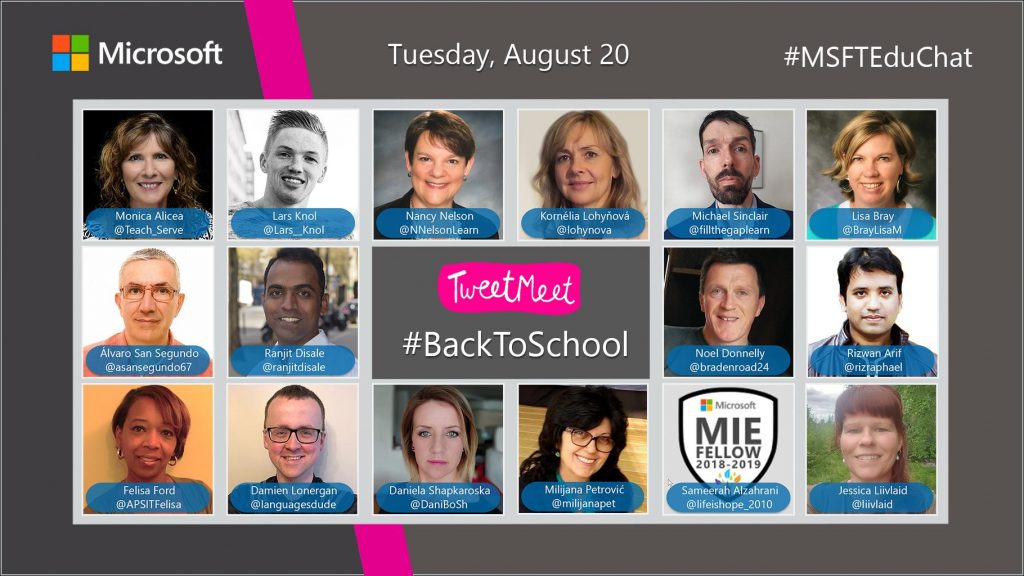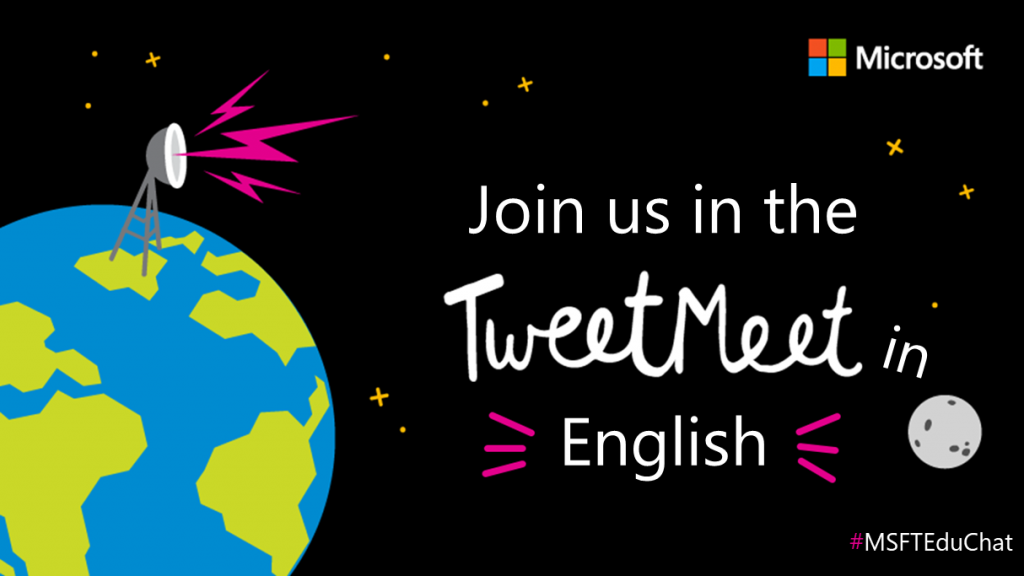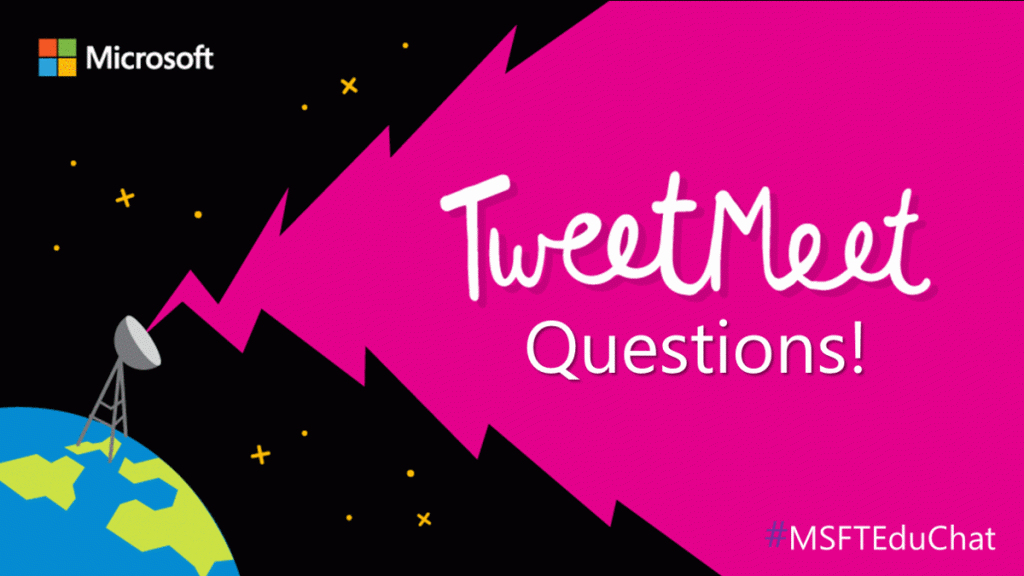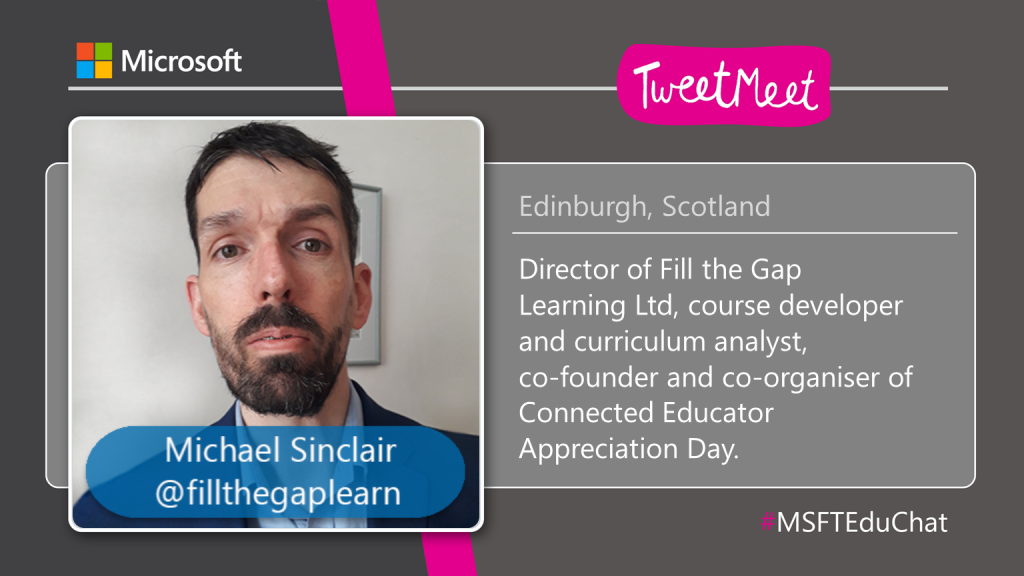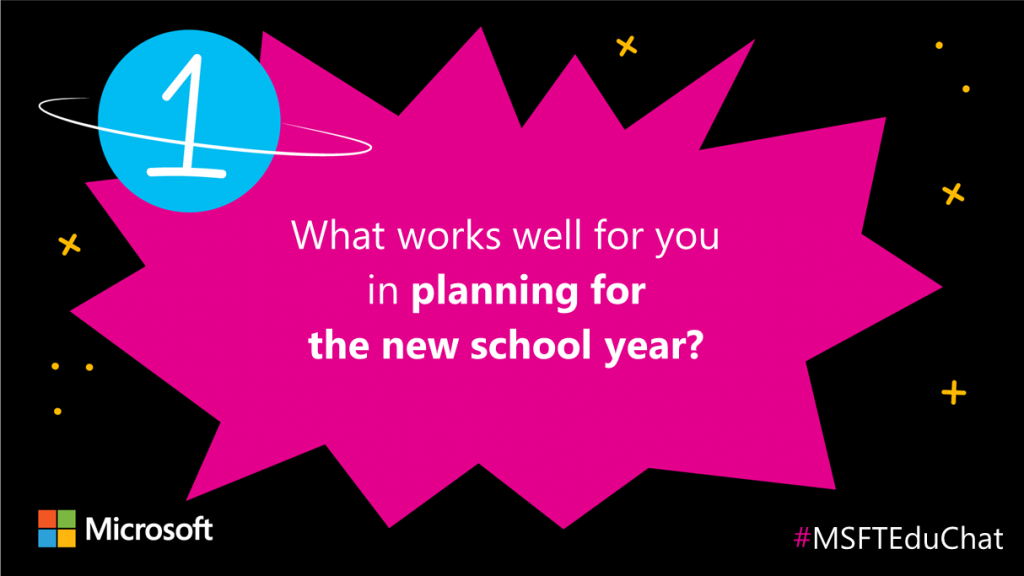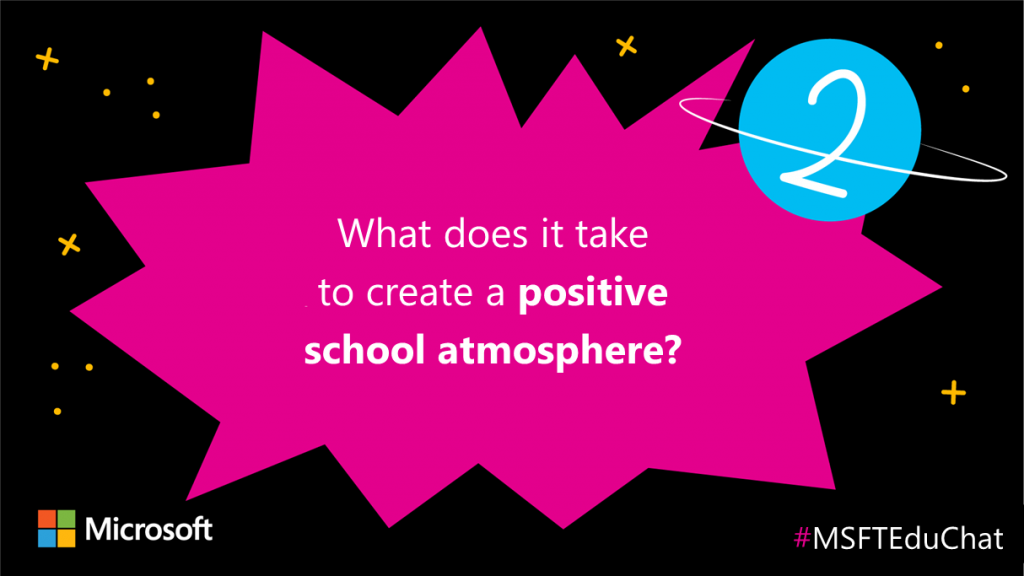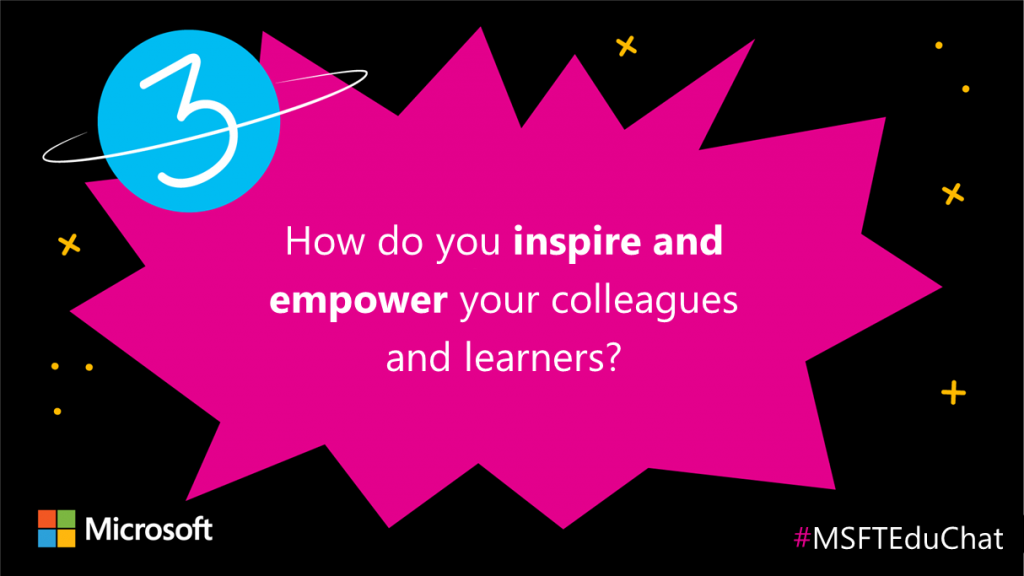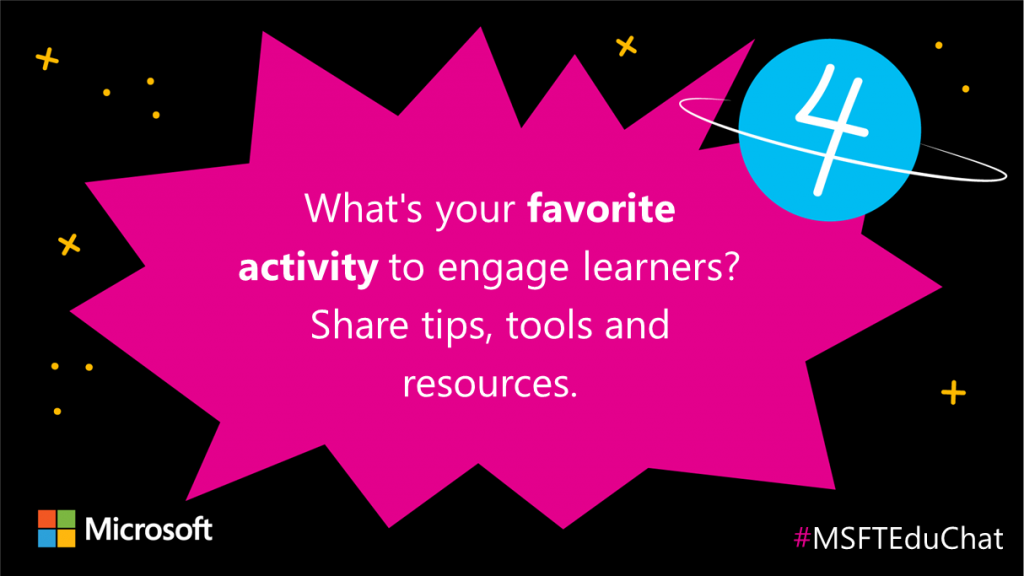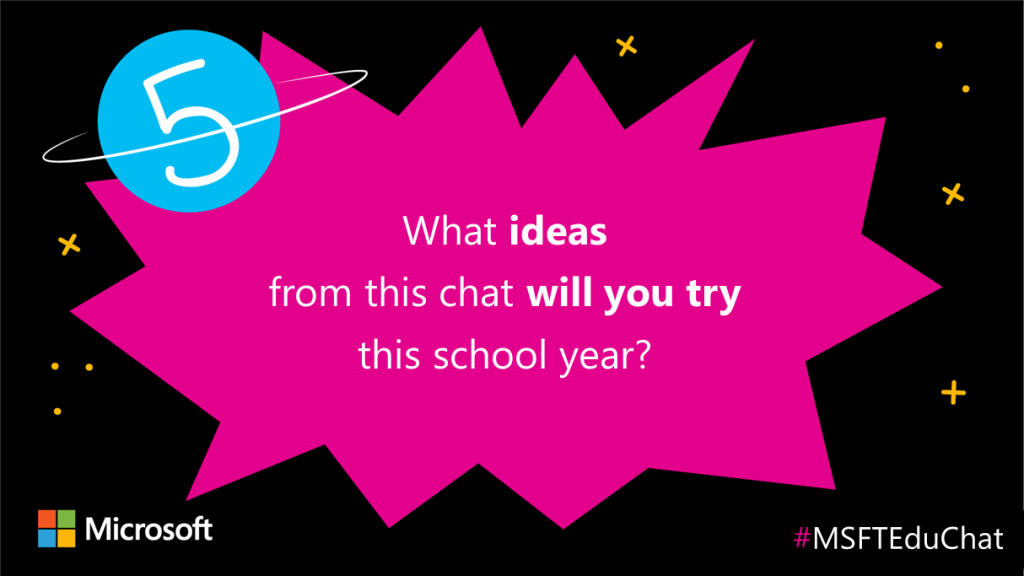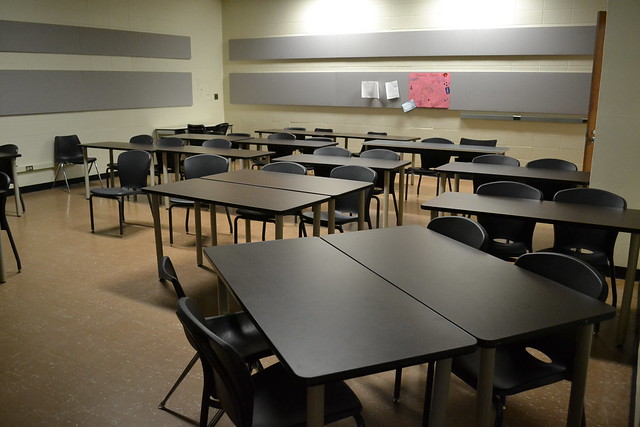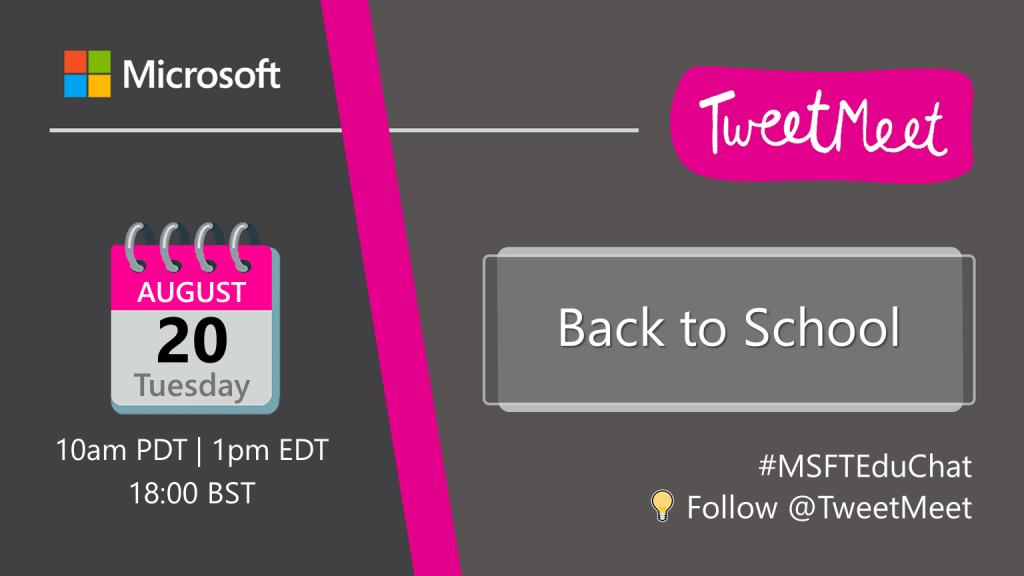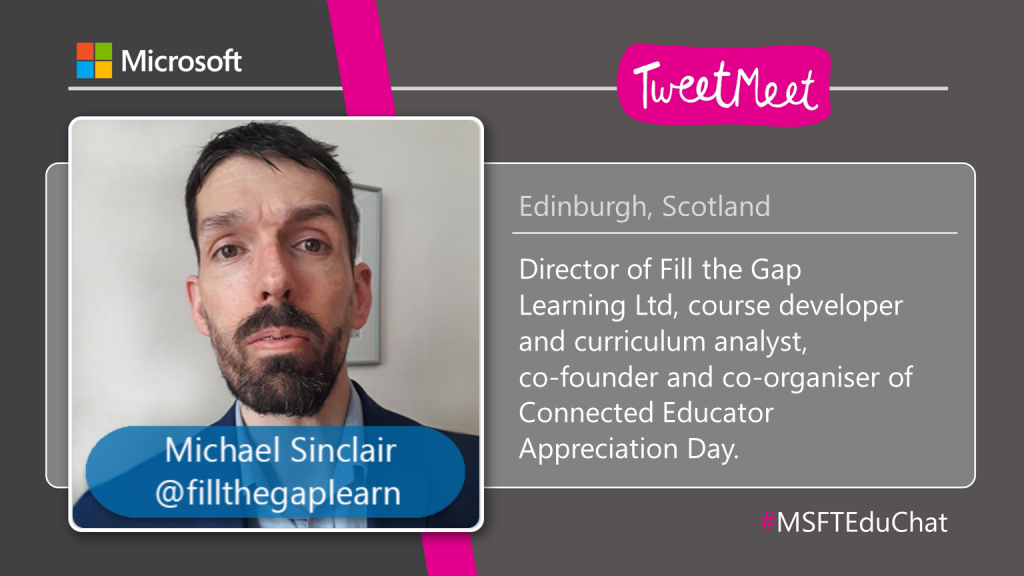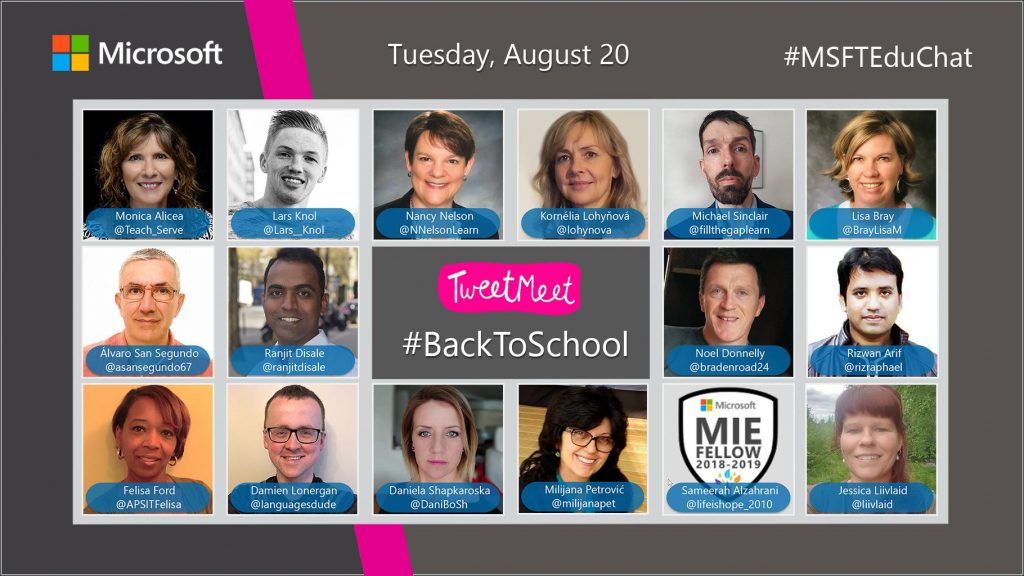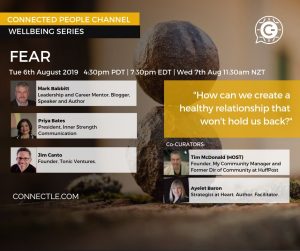Designing curriculum in different environments — whether in schools, EdTech startups, or established institutions — looks very different behind the scenes. In the classroom, feedback is instant. In EdTech, learners are invisible. And in big brands like the BBC, process rules everything. What does it mean to design learning experiences for learners you’ll never meet?
A Tale of Two Scenarios
In the classroom, you get checked once a term by your line manager, a person that has done your job in the not too distant past. You have a degree of autonomy but the understanding is that your manager knows more than you and you should adjust your delivery from their feedback.
Stepping into EdTech design, where your line manager is an engineer, a product manager, a financial expert, or a researcher, it just isn’t the same. Scrums, mini-staff meetings, can be daily. Sprints – short-term plans, can be weekly or bi-weekly. Reviews are often ad-hoc, once a product is released, so learning can occur to improve efficiency within the team or engagement by the customer.
The biggest shift wasn’t just who my manager was — it was what counted as ‘good teaching.’ In the classroom, feedback came from an educator; in EdTech, feedback came from metrics and business goals.
Shifting Curriculum Design Approaches
It’s interesting, thinking about the freedom I experienced being out of the classroom, being almost autonomous with my design ideas. Justifying the order of the learning, using my experience and the skills I had cultivated, without necessarily relying on a manual of any kind (other than curriculum documents). The feedback wasn’t from a manager who knew more from an educational viewpoint, they knew more about business impact.
But it’s also interesting holding this idea of freedom within a bubble of accountability. Scrutiny was everywhere because decisions cost money, and change was very expensive.
Agile Curriculum Design in EdTech
This freedom-within-accountability played out in the agile environment at Sumdog.
Products ran on timelines — sprints, spikes, and cross-team collaboration. Sprints required close observation to ensure no part lagged. Our project manager, the very skilled Tim Leslie, kept everything moving. This was the job of the project manager, our team had the very skilled Tim Leslie.
As a team of one, I was often the bottleneck. Developers could write question and answer code faster than I could create and sequence the 3000+ skills across 19 regional curricula. The daily check-ins were important to ensure that no one team was without tasks and that no one individuals was treading water due to the load.
For Sumdog, problems with the workflow presented as delayed or curtailed releases. This in turn could lead to lost revenue from promised features expected by customers. In the classroom, difficulties were far less impactful. MIsunderstanding might extend the length of a topic or require reframing of a challenging concept. A classroom is for learning, for both the adults and the children or young people.
Curriculum Design in Startups vs Established Providers
Sumdog thrived because of the agile methodology and collaborative approach to working within and across teams. Contrast this with the BBC, where I worked as a content creator for their GCSE maths resources, which afforded a very different model of educational content creation.
The BBC is an established name in Britain so the structures for curriculum design and content delivery were firm because they worked. There was no need for daily checks, emails sufficed to keep colleagues and managers in the loop. The content was only one very small part of their income stream, compared with Sumdog, where the content became the backbone of what the sales team sold.
Comparing Environments
There were benefits: creative freedom, less day-to-day pressure, and the ability to focus deeply on one strand of content. But there were also challenges: duplication of effort, gaps where no one had bridged two related topics, and a lack of the iterative testing that agile thrives on.
In the classroom, misalignment shows up quickly in confused learners. In this environment, misalignment showed up much later — in the difficulty of turning individually strong resources into a seamless progression.
Weighing the Approaches
Reflecting on these three very different environments, its interesting considering that each presented benefits and challenges.
The traditional school system afforded you with instant feedback: smiles or confused faces. You knew your impact but your product was always guided by the established system. Conultation evenings and individual test scores were your opportunity to see the success you encouraged. But, you only worked with the learners in front of you, sometimes fewer than 20 for the entire year.
The agile nature of Sumdog meant freedom to create, within a structure of accountability and collaboration. You didn’t get to see the learners impacted by the product, the business numbers were the evidence of success. The data was constant, informative and relentless; it demanded attention if the product was to succeed.
The BBC offered freedom too, but the boundaries were firmer: creativity was welcome so long as it was the right kind of creativity. Working solo agreed with me: the faster I worked, the more work I received, the higher the pay. But, I missed bouncing ideas of someone, or having an opportunity to challenge an established process.
In short:
- School: instant human feedback, but limited reach.
- Sumdog: data-driven, iterative, wide impact but learners invisible.
- BBC: stability and clarity, but silos and delayed alignment.
Key Takeaways
Regardless of the environment, certain elements are required for a smooth rollout.
- Clear roles within the organisation. You need to know your task and your purpose.
- A coherent plan. Release dates, product expectations, and an understanding of the elements of the whole keep a team progressing.
- Purpose is key. Reiteration of why you are doing what you are doing is necessary motivation. In my case, the learners were always at the core of the work I did, and continue to do.
Working across schools, startups, and established institutions has shown me that designing curriculum in different environments requires balancing freedom, structure, and purpose.
Every environment shapes curriculum design differently. What lessons have you learned from working with colleagues, or creating content solo as a freelance developer?








